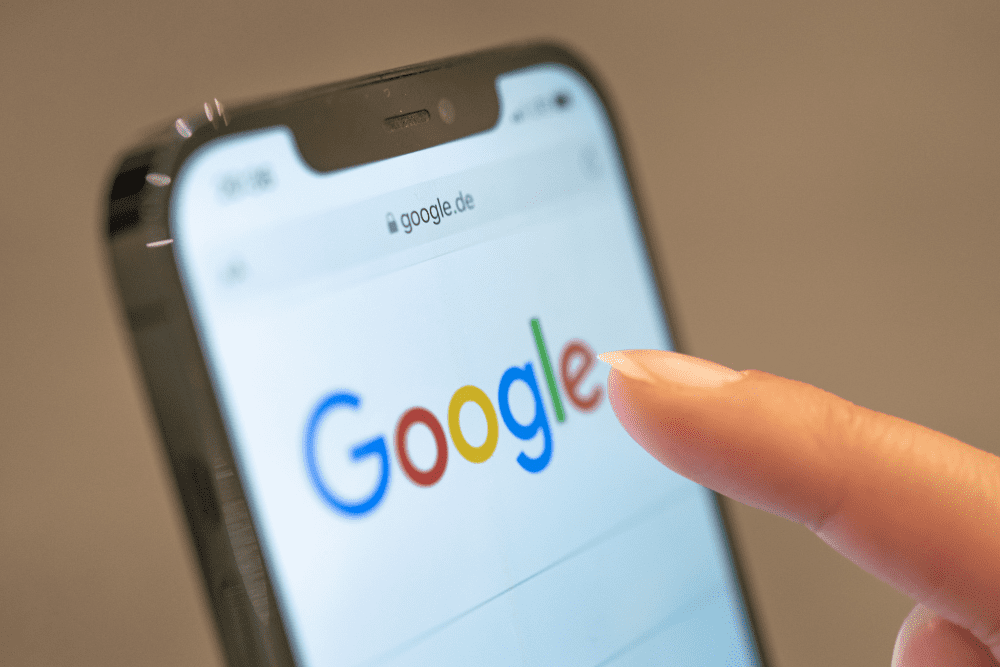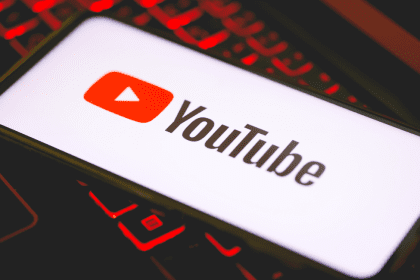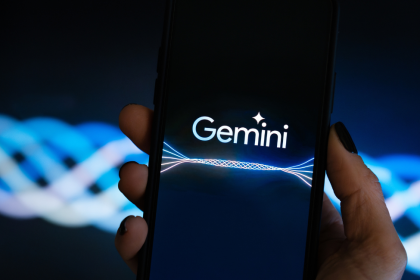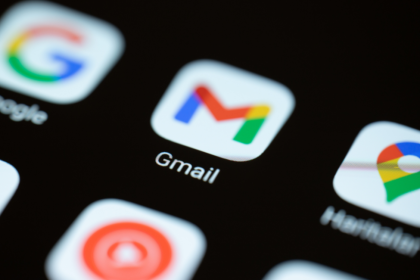Google is said to be contemplating charging for “premium” internet AI-powered search results.
Sources have told the Financial Times that the tech giant is considering offering enhanced search engine results for those who subscribe to a premium account.
At present, Google charges for extra storage and has an AI Premium service for the use of its Gemini AI assistant in Gmail and Docs.
However, according to a Google spokesperson, the company “is not working on or considering an ad-free search experience.”
“As we’ve done many times before, we’ll continue to build new premium capabilities and services to enhance our subscription offerings across Google,” the spokesperson stated. “We don’t have anything to announce right now.”
The report comes after Google was fined $273 million in France for training Gemini on the country’s news outlets.
The company agreed to pay €250 million — roughly $273 million — after it was found to have breached a commitment to pay and inform French news publishers when training its AI chatbot — which was first launched as Bard — on their sites and displaying their content in search results.
With regard to Bard, the artificial intelligence service launched by Google in July 2023, the Autorité found in particular that Bard had used content from press agencies and publishers to train its foundation model, without notifying either them or the Autorité,” France’s competition watchdog Autorité de la Concurrence (ADLC) wrote in a statement posted to their website.
“Google subsequently linked the use by its artificial intelligence service of the content concerned to the display of protected content,” the ADLC continued, “by failing to propose a technical solution for press agencies and publishers to opt out of the use of their content by Bard without affecting the display of content protected by related rights on other Google services, thus obstructing the ability of press agencies and publishers to negotiate remuneration.
“In view of these breaches, the Autorité has imposed a fine of €250 million on Alphabet Inc.,” the organization sated.
Despite agreeing to pay the fine, Google insisted the penalty was “disproportionate” to their operations, as it doesn’t consider their efforts made “to respond to the various comments.”
“We have compromised because it is time to turn the page and, as our numerous agreements with publishers prove, we want to focus on sustainable approaches in order to connect Internet users with quality content and work constructively with publishers,” the company wrote on the Google France blog.
“But it is also important to note that we consider that the amount of the fine is disproportionate in view of the breaches noted by the ADLC,” the company continued. “It does not take sufficient account of the efforts we have made to respond to the various comments, in an environment where it is very complicated to define a course of action when we cannot anticipate a precise direction.”












